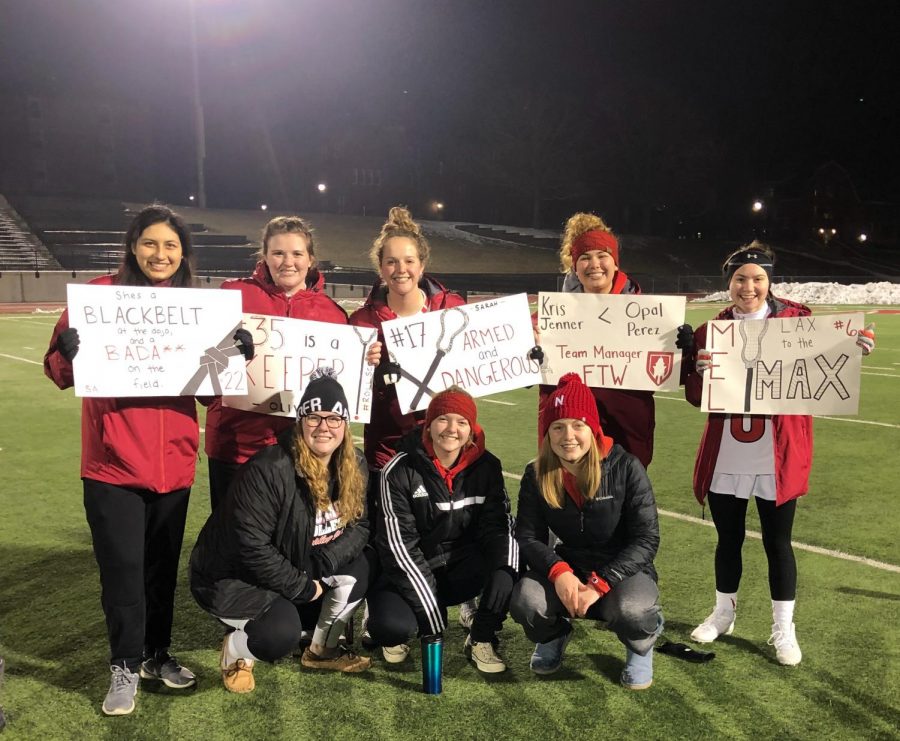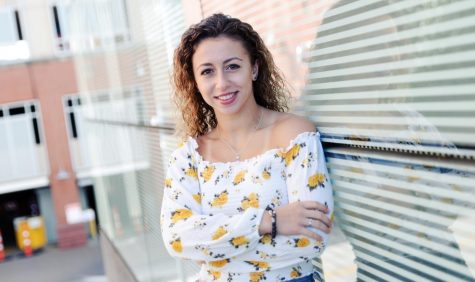Although the types of activities students are involved in are subject to change throughout all of high school, one thing remains the same: the constant need to keep one’s schedule filled to the brim with extracurriculars.
Especially at high achieving schools such as Pleasant Valley, students may feel external pressure to involve themselves in extracurriculars or other activities that consistently receive high praises.
At college campuses, there are many more opportunities and a larger variety of activities than those offered at a high school. Initially, all of these changes can seem overwhelming for many.
University of Iowa sophomore Dylan Hartford commented on how stressful free time in college was at first for him. “If I had time to watch Netflix or take a nap, I thought I was somehow doing something wrong [because I was] not studying,” said Hartford.
In high school, having this ample free time is often not the case. Senior student, Jacob Bandy, is involved in many activities, one of which is playing on his club soccer team, Central Illinois United. “It’s really difficult to get everything I need done, whether it be for soccer, school or other tasks when my days are so strictly scheduled,” stated Bandy.
“Sometimes it feels like there isn’t enough time in the day to get everything done,” Bandy said. “There is no real time to just have free time.”
Another student, junior Carly Lundry, also has a hard time finding space in her schedule amongst working, sports, and homework. “It can be really frustrating to struggle to feel like I’m meeting the bare minimum and not have any time for myself,” said Lundry.
Unlike the strictly scheduled days of high school and extracurriculars, college is full of myriads of opportunities and often times, these opportunities function on flexible schedules so students can participate.
“To occupy my time, I joined student orgs and started taking advantage of the free events offered at the university,” stated Hartford. One of the organizations he became apart of was the association of nursing students which is the executive body of the college of nursing.
This organization allowed Hartford to travel to conventions at the state and national level; additionally, he was able to create stronger connections with faculty members at his university. Hartford said, “Free time in college can be difficult to get used to, but taking advantage of opportunities at your respective school is one of the most rewarding things you can do.”
Kate Mickle, another former Pleasant Valley student, recently finished her first year at Monmouth College. Like Hartford, she too struggled with having copious free time.
“When I first got to college, I wasn’t really sure what to do with all of my free time because I only had class for three hours a day and no longer had lifting or practice before or after school,” Mickle said. “I felt like I needed to find something else to do with my time.”
Although a lot of Mickle’s free time involved completing coursework for classes or meeting new people in her dorm floor, she also spent much of her time adjusting to college lifestyle– very different than she had in high school.
“Since I’ve been in college, I’ve started lifeguarding at the athletic center, joined a sorority and am part of a few other student organizations,” said Mickle. “This has been a really good way for me to get to know people and get involved on campus.”
Transitioning from intense, high scheduled days of high school to substantial amounts of down time may be shocking at first; however, it is doable to make the most out of it. As Mickle and Hartford have demonstrated, college is about branching out and trying new things. By being apart of clubs and organizations, students are able to fill their free time with new, rewarding experiences.









